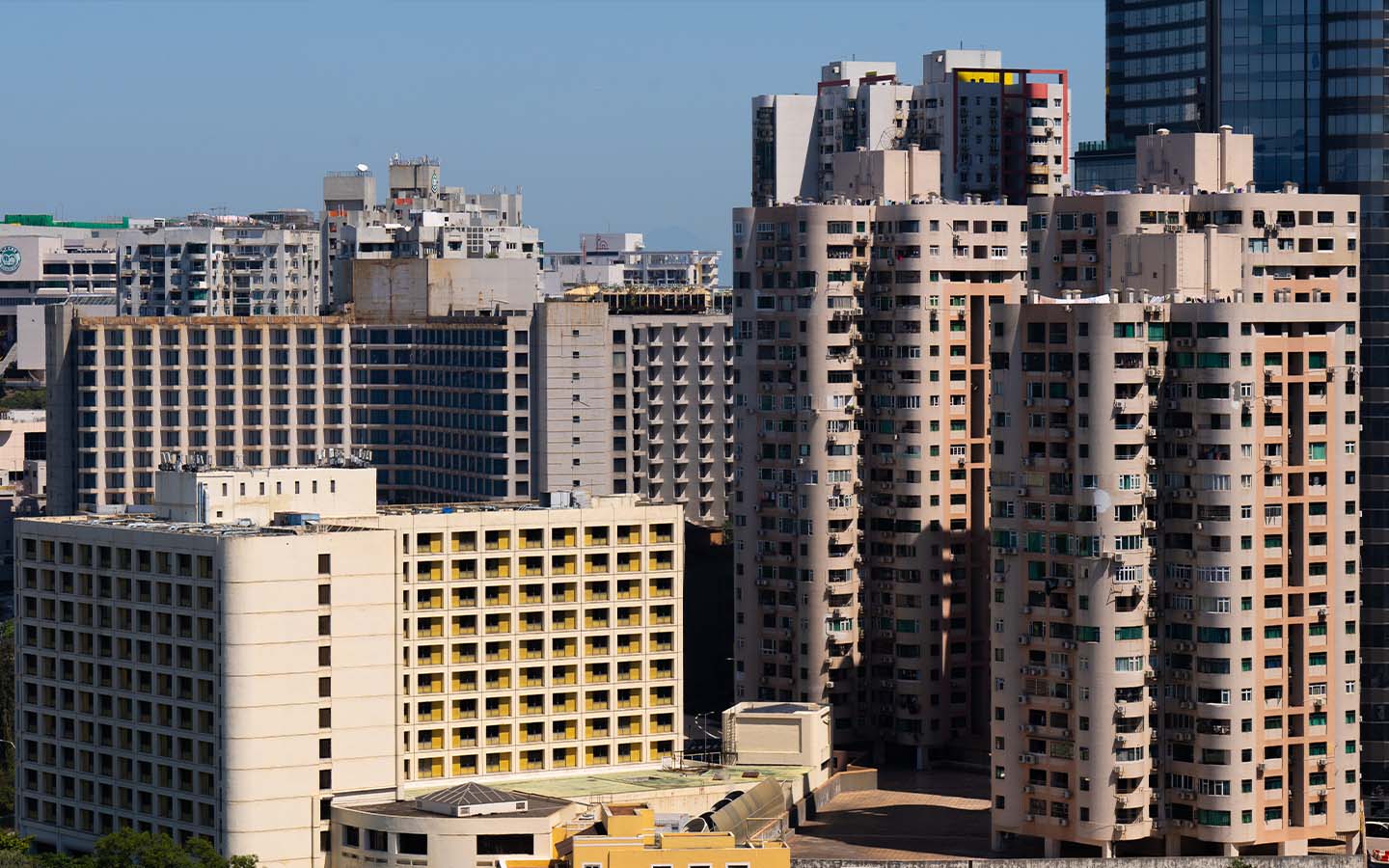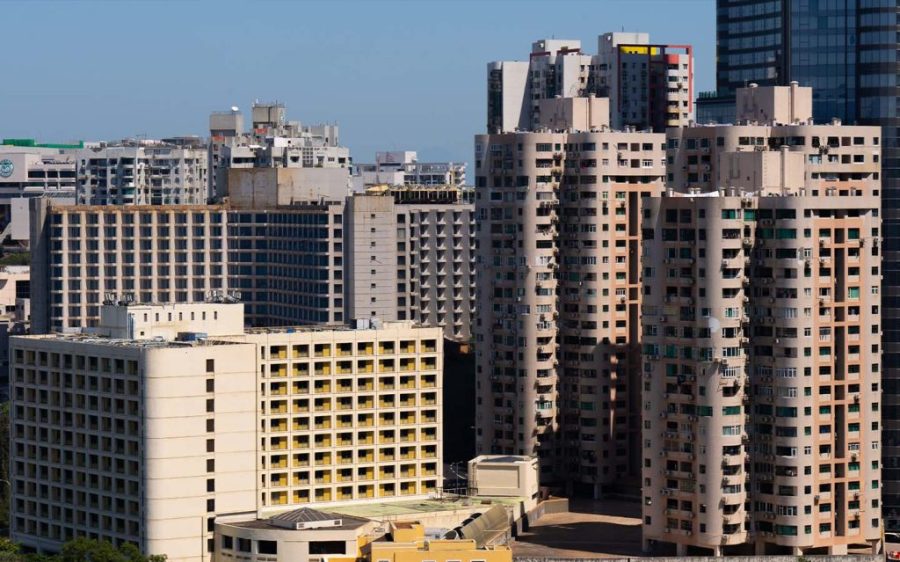Macao’s real-estate sector is expected to recover in the fourth quarter, according to Pun Chi Meng, general manager of the local branch of Centaline Property. He was speaking to multiple media outlets at a press conference yesterday.
Pun said the total number of transactions had the potential to hit the 1,000 mark this quarter, adding that anticipated interest rate cuts by the US and Macao banks would have a positive effect, while also alleviating pressure on residents with mortgages.
The realtor also argued that the Chinese mainland’s adjustment of its mortgage rates and support of the property market would benefit Macao.
“There is anticipation for increased leasing activity and sales volume as buyers begin to re-enter the market amid favourable pricing conditions,” Roy Ho, a senior director of Centaline, said at the event. He noted, however, that the bounce back may not be immediate because of the “high inventory levels” from “previous investor withdrawals.”
[See more: Macao’s residential property transactions and average prices fall again]
Regarding results from the third quarter, Pun said that the transaction rate was estimated to be around 760, which would be a drop of roughly 27 percent in comparison to the 1,028 flats that were sold in the second quarter.
The latest stamp duty data from the Finance Bureau suggests that current sales appear to be within range of Pun’s prediction. Figures for July, August and the first half of September indicate that 356, 200 and 104 transactions were made respectively during these months.
For the first half of September, the data shows that there was a nearly 3 percent increase in the number of sales in comparison to the second half of August. By district, the peninsula, Taipa and Coloane had a transaction rate of 54, 17 and 33 respectively. The average property price per square metre stood at 90,543 patacas, a jump of 10.5 percent in comparison to the 78,192 patacas registered in the last half of August.
Macao’s real-estate sector has been underperforming despite the lifting of purchasing restrictions in April. There are fears that the city could find itself in the same predicament as neighbouring Hong Kong, which removed curbs in February but has failed to revitalise the slumping market.






